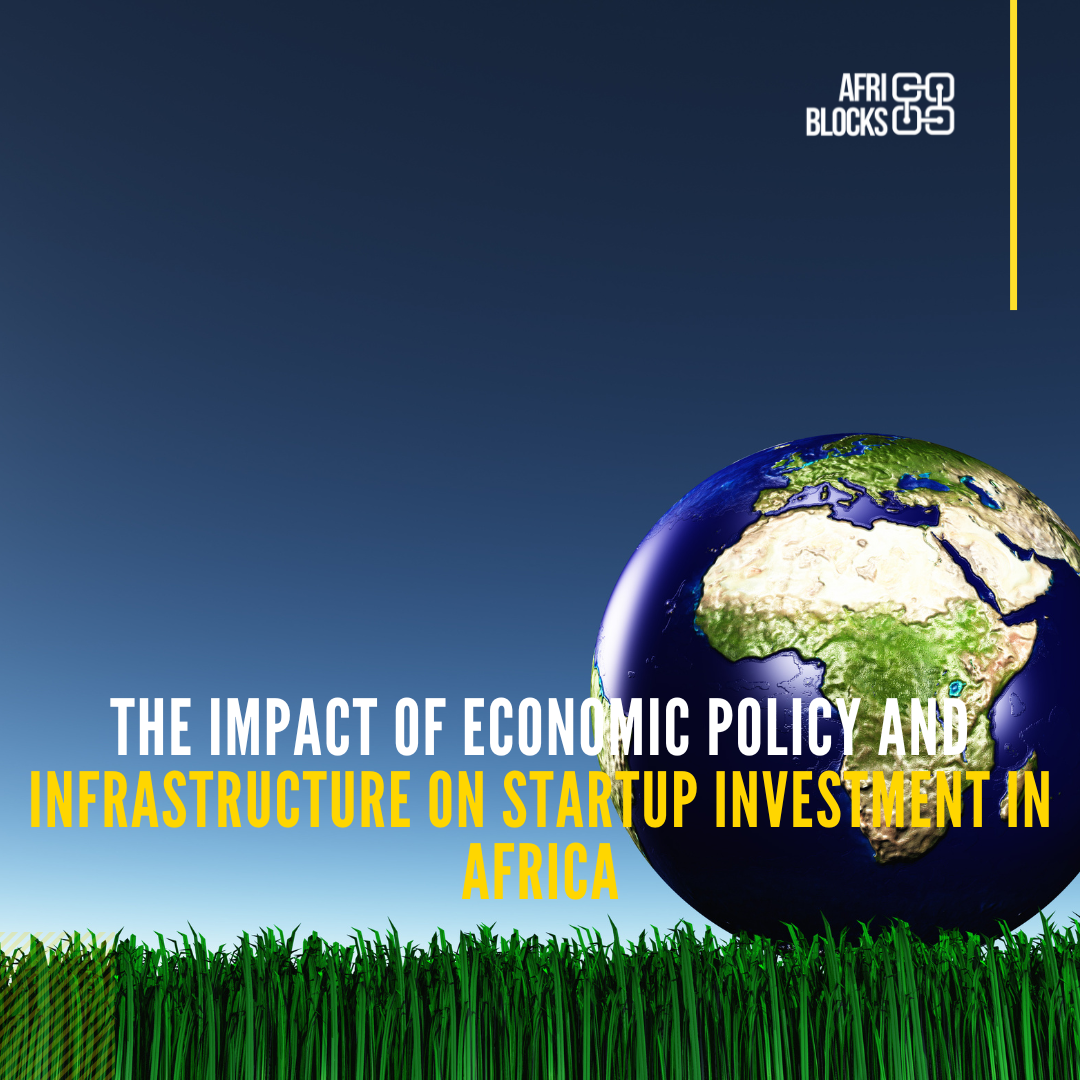
AfriBlocks Network
African startups are attracting billions of dollars in investment, with year-on-year comparisons showing a steady increase in said investment. There is significant and genuine interest in the potential that the continent carries in terms of developing products for the future of the globe. The increase in the number of startups on the continent has seen the development of startup ecosystems, with countries such as Nigeria, South Africa, and Kenya leading the way.
Around the world, some of the most successful startups have emerged from ecosystems that have played a critical role in their growth. Silicon Valley is an example of an ecosystem that has and continues to, fuel the growth of newly established businesses. If the African startup economy is going to reach its full potential, there is a need for the development of ecosystems to support these businesses.
What does a startup ecosystem look like?
The success of any startup is dependent on a number of factors, most of which can be found within a functional ecosystem. Some of the key parts of an ecosystem that can provide optimum support to the startups within it include:
- Startups – there needs to be a few startups in an ecosystem for it to become functional. Relationships between startups foster the sharing of ideas, sharing of business, and collective attractiveness to investors.
- Investors and funders – more often than not, startups require significant funding in order for them to scale and reach profitability. Without investors, a startup ecosystem does not have legs.
- Educational institutions – the talent that works at any business is critical to its growth. For startups to succeed, they need a reliable supply of talented individuals from capable institutions. These institutions are also important in helping staff members upskill through courses and other avenues.
- Co-working spaces – at their inception, most startups cannot afford their own office space. Co-working spaces are a sustainable and affordable option that can allow a startup to find its feet without breaking the bank.
- Consultants and advisory firms – startups are likely to require advice and guidance from more experienced individuals as they grow their products. Services such as bookkeeping and legal are also likely to be outsourced as startups rarely have the capacity to have these departments right from the start. Firms that specialize in such fields are an integral part of the startup ecosystem.
- Networking events – a network is incomplete without the events that allow its members to meet and exchange ideas. Any successful business ecosystem creates networking events that allow the startups in it to regularly meet.
- Supportive corporations and government agencies – for startups to succeed, they need to have support from already established corporations and from the government. These branches of business play an important role in setting the scene on which startups appear and perform.
African startups need more vibrant ecosystems
There is significant growth in the African startup scene. This growth comes with a need for the establishment of clear ecosystems to aid the growth of businesses. Cities such as Lagos, Johannesburg, and Nairobi are well on their way to becoming some of the leading hubs for startups on the continent. There are several startups that have set up bases in these cities and the ecosystems are developing with each passing day.
Other countries on the continent need to follow suit and give startups an opportunity to harness the power of ecosystems. The first step in creating these startups is the creation of government policies that are startup-friendly. There is also a need for African governments to encourage cross-pollination across borders and close the gaps that have been created by geographical constraints.
Startup ecosystems play an important role in the growth of the startups that exist within them. African startups need the support that comes with well-developed entrepreneurial networks. These ecosystems will be vital to the ascension of African startups as they strive to reach their full potential.










